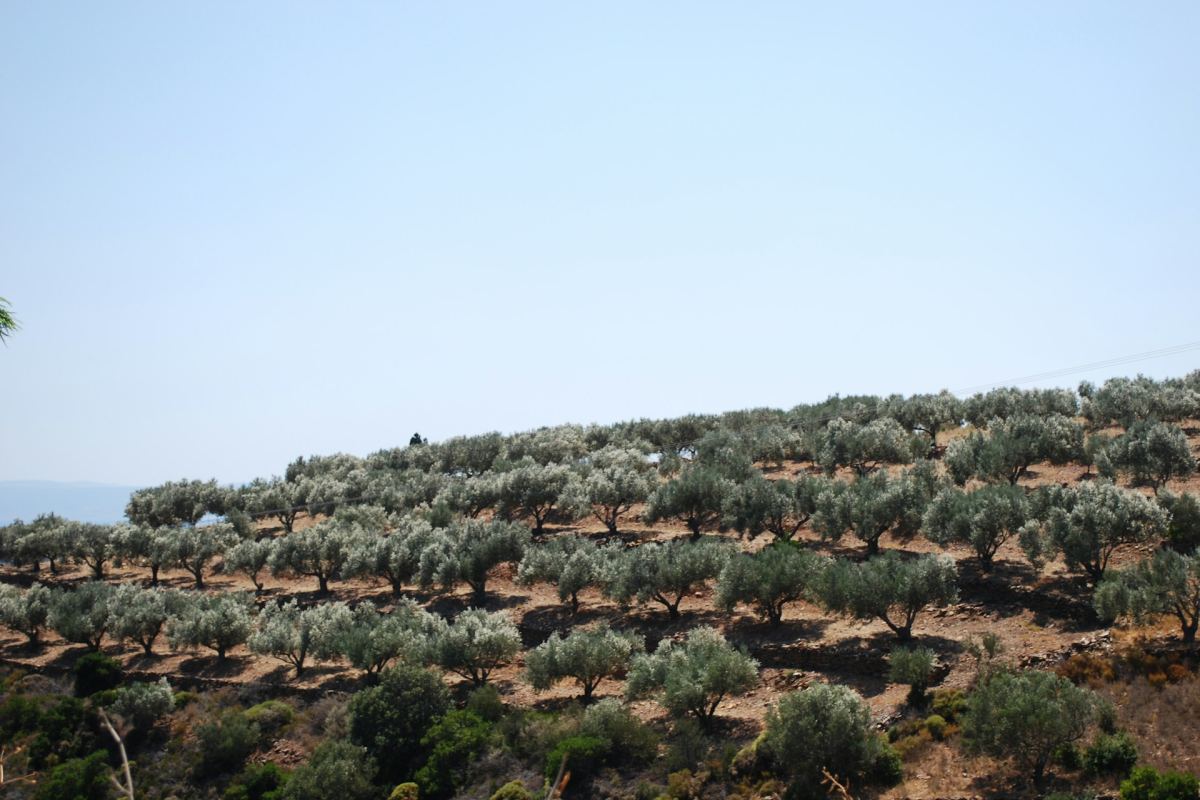Policy support to sustainable olive oil production
In his keynote at the Conclima conference, Gabriel Vigil, Head of the Olive Oil and Table Olives Sector at the European Commission’s Directorate-General for Agriculture and Rural Development, addressed the major sustainability challenges facing the EU’s olive sector and the EU policies supporting its resilience. Climate change impacts (such as prolonged droughts, extreme temperatures, soil erosion, and increased pest risks) are placing unprecedented pressure on production, farmer incomes, and market stability. In Spain, recent harvests in some regions have fallen by up to 80%, with similar pressures affecting other Mediterranean producers. These shocks have driven strong price inflation, peaking at around 50% between 2022 and 2024, and reduced consumption both in producing and non-producing EU countries.
Vigil outlined the EU’s support along three main lines:
- Common Agricultural Policy (CAP) and environmental legislation: strengthened conditionality for direct payments, eco-schemes such as cover crops to combat erosion and retain soil moisture, targeted environmental support, and sustainability benchmarking.
- Research and innovation: Horizon Europe funding for projects like Olivares Vivos (biodiversity certification), Sustain Olive (sustainable practices), Soil O-Live (erosion control), and Gen4OL (olive genetics), alongside initiatives for digitalisation, advisory services, and partnerships through the Agricultural Knowledge and Innovation Systems (AKIS).
- Collaboration networks: notably the CAP Network, enabling exchange of good practices between farmers, researchers, and industry stakeholders.
He emphasised that beyond funding or rules, the key to lasting change is convincing farmers of the economic returns of sustainable practices, such as lower fertiliser and pesticide costs. Without action, the sector risks further yield losses, greater climate vulnerability, and mounting long-term economic and environmental costs.
This keynote is in Spanish. If you don’t speak Spanish, click “Watch on YouTube” and turn on auto-translated subtitles by clicking the settings icon in the video.
Key highlights
- The olive sector is on the “front line” of climate change, with prolonged droughts, extreme heat, soil erosion, and pests undermining yields and quality.
- Spain has seen harvest losses of up to 80% in some regions; other Mediterranean countries face similar pressures from drought, heavy rains, and wildfires.
- Olive oil prices rose by about 50% between 2022–2024 before easing, but high prices and lower output have cut consumption in both producing and non-producing EU states.
- EU support pillars:
- Common Agricultural Policy (CAP): stronger conditionality for direct payments, voluntary eco-schemes such as cover crops (reducing erosion, retaining moisture, limiting pests), targeted environmental support, sustainability benchmarking, and reforms to improve incentives.
- Research & innovation : Horizon Europe projects including Olivares Vivos (biodiversity certification), Sustain Olive (sustainable farming), Soil O-Live (erosion control), and Gen4OL (olive genetics), plus support for digitalisation, advisory services, and European Innovation Partnerships.
- Collaboration networks: notably the CAP Network, connecting farmers, researchers, and businesses to share best practices.
- Sustainability must go hand in hand with profitability: e.g., savings from reduced fertiliser and pesticide use.
- Changing entrenched practices requires clear evidence of economic benefits to overcome risk aversion among farmers.
- Inaction will mean continued production losses, higher vulnerability to climate shocks, and accumulating environmental and economic damage.

